 Speech and swallowing
Speech and swallowing

Speech-language pathology clinical services include:
- Assessment of function (speech, swallowing and chewing)
- Treatment for speech, voice and/or swallowing challenges
- In collaboration with the Craniofacial Care Program prosthodontic team, ensure the safety and optimal functioning of implant-supported (osseointegrated) dental prostheses
- In collaboration with the Craniofacial Care Program prosthodontic team, provide intraoral prostheses to aid with speech and/or swallowing
- In collaboration with the Craniofacial Care Program maxillofacial prosthodontists and osseointegration technologists, provide intraoral prostheses to aid with speech and/or swallowing
Please see below for more information about each of these clinical services.
Speech and swallowing functional assessment appointments
Craniofacial Care Program speech-language pathologists take measurements of your speech, chewing and swallowing. These functions are measured at specific time points before and after head and neck cancer treatment to detect changes from surgery and/or chemoradiation therapy in the head and neck region. If you are receiving osseointegrated (implant-supported) oral prostheses through the Craniofacial Care Program, the speech-language pathologists will take these same measurements to ensure optimal function and safe swallow
If you are referred by your surgeon or oncologist for functional assessment, you will be seen for 3-4 functional assessments. The Craniofacial Care Program speech-language pathologists monitor your speech and swallow function as you go through cancer treatment, offering appropriate care and/or referrals to optimize your function-related quality of life.
Clinical information from these functional assessment appointments may also be used in a research capacity to look at how treatments for head and neck cancer affect patient oral function and quality of life. This information is used to continually drive improvements in treatments for head and neck cancer, leading to better speech and swallowing outcomes for patients.
For information about the appointment (including what assessments and tests will be performed), please download our patient handout.
We work closely with health teams at the University of Alberta, the Cross Cancer Institute and the Royal Alexandra Hospital. We share information back and forth with these teams to ensure comprehensive and streamlined care for you.
The Craniofacial Care Program speech-language pathologists are committed to providing the highest quality of care, while also engaging in research that will directly impact future patient outcomes.
Treatment
The Craniofacial Care Program speech-language pathologists can offer treatment for speech, voice and swallowing disorders. Candidacy for treatment at the Craniofacial Care Program will be determined by one of our speech-language pathologists.
Treatment in our clinic is meant to be intensive, ideally multiple therapy sessions per week, as well as a home practice schedule for you to follow. Technology is available to supplement your therapy sessions. For example, using sensors to measure muscle activation so that you can see the strength of your muscle contractions on a computer screen while you do your therapy exercises.
Speech and swallowing prostheses
Some patients may be candidates for prostheses or appliances that are created to sit on the roof of your mouth and may help improve speech and/or swallowing. At the Craniofacial Care Program, speech-language pathologists work closely with maxillofacial prosthodontists to determine if patients are appropriate for this treatment.
Types of prostheses/appliances include:
- Palatal augmentation prosthesis (to help a weak tongue)
- Maxillary or pharyngeal obturator (to plug a hole in the hard or soft palate)
- Palatal lift appliance (To help a weak soft palate)
If you are a good candidate for a speech/swallowing prosthesis, you will return for several appointments for the creation of this prosthesis. Your prosthesis will be created in the Craniofacial Care Program Osseointegration Laboratory.
A referral from a speech-language pathologist or physician is required to be considered for one of these prostheses.
Cookbooks
Cookbooks for people with chewing/swallowing difficulties:
- Easy-to-Swallow, Easy-to-Chew Cookbook: Over 150 Tasty and Nutritious Recipes for People Who Have Difficulty Swallowing
Authors: Donna L. Weihofen, JoAnne Robbins, Paula A. Sullivan
ISBN-13: 978-0471200741 - The I-Can’t-Chew Cookbook: Delicious Soft Diet Recipes for People With Chewing, Swallowing, and Dry Mouth Disorders
Author: J. Randy Wilson, D.M.D M.D. Mark A. Piper (Foreword)
ISBN-13: 978-0897933995 - Soft Options: For Adults Who Have Difficulty Chewing
Author: Rita Greer
ISBN-13: 978-0285634473 - Non-chew cookbook
Author: J. Randy Wilson
ISBN: 0919100457 - What To Eat During Cancer Treatment: 1100 Great-Tasting, Family-Friendly Recipes to Help You Cope
Authors: Jeanne Besser, Kristina Ratley
ISBN: 1604430052
1W-02, 16940-87 Ave
Edmonton, Alberta
Canada T5R 4H5
Phone: 780.735.2660
Fax: 780.735.2658
Email: CraniofacialCare@CovenantHealth.ca
